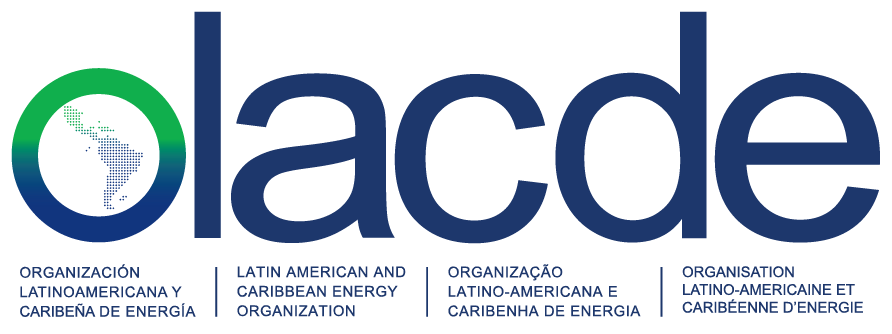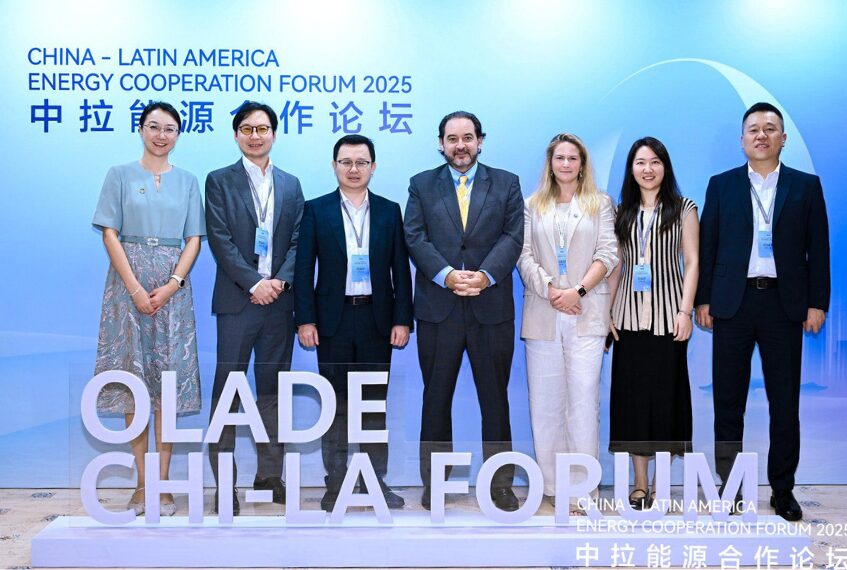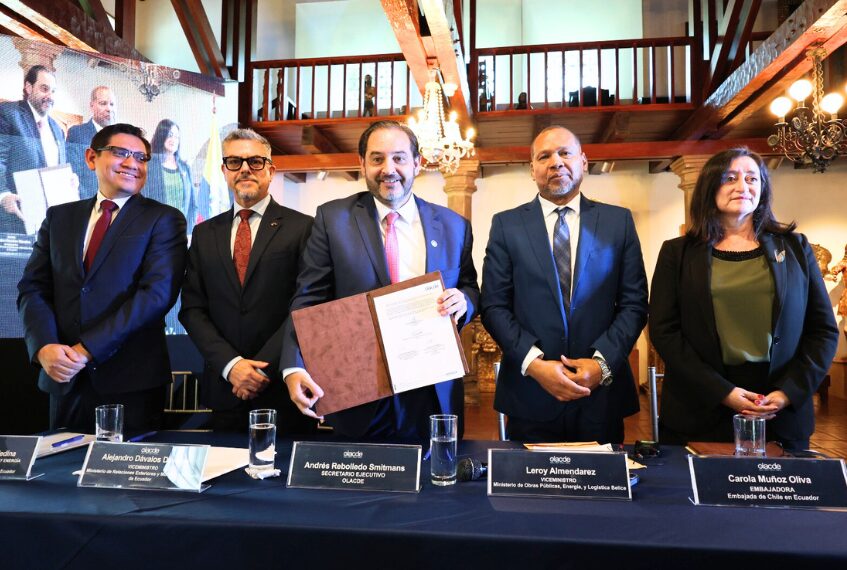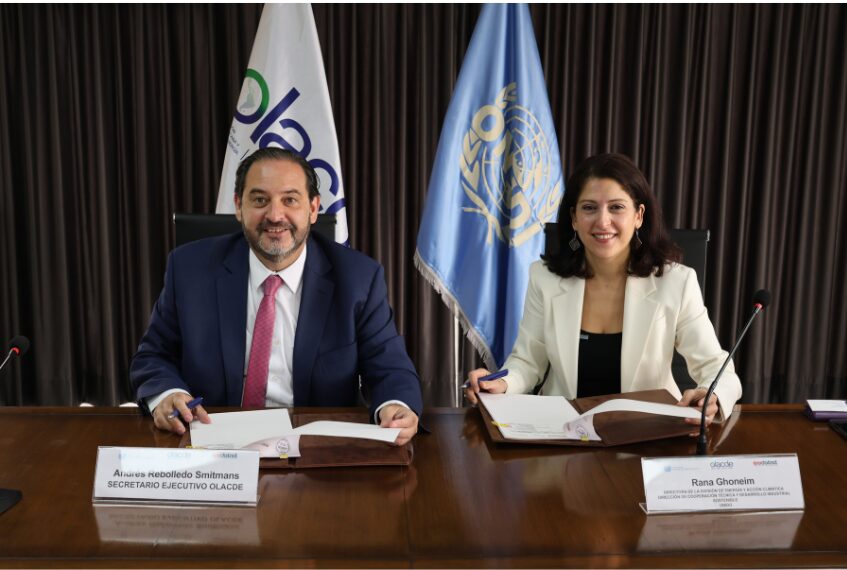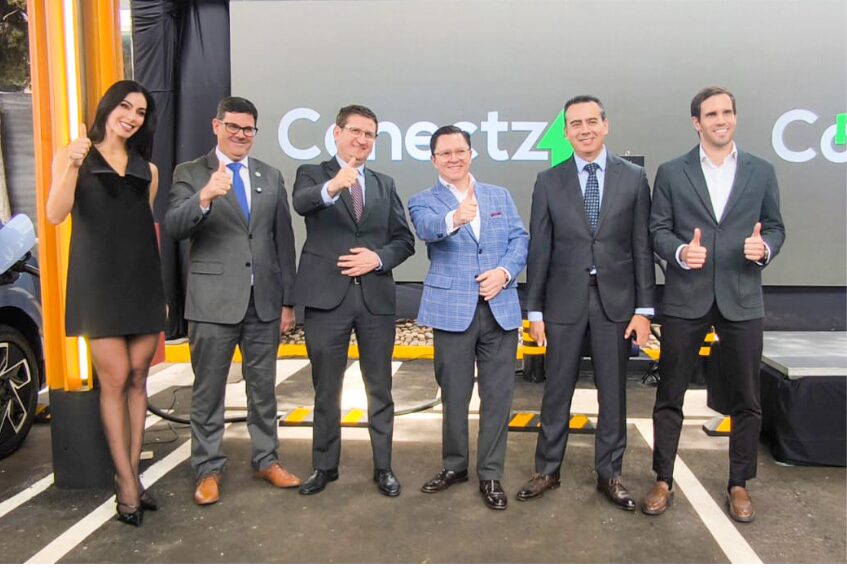The Executive Secretary of The Latin American and Caribbean Energy Organization (OLACDE), Andrés Rebolledo, carried out an intensive work agenda in Shenzhen, China, where he presented Latin America and the Caribbean’s progress in the transition from traditional power grids to smart and resilient systems.
His participation took place within the framework of the Global Low-Carbon Industry Forum, organized by the China Energy Research Association, the Global Solar Council (GSC), and Huawei Digital Power, during the International Digital Energy Expo (IDEE) 2025. The forum brought together government leaders, power companies, energy enterprises, and international organizations to discuss the future prospects of renewable energy and the global development of smart grid construction.

In the session “Latin America and the Caribbean: From Traditional Power Grids to Smart and Resilient Systems”, Rebolledo presented OLACDE’s vision on the region’s energy transformation, emphasizing:
The untapped potential of solar, wind, geothermal, and green hydrogen.
The need to modernize power grids into distributed, smart, and resilient systems.
The importance of solid regulatory frameworks, technical standards, and regional coordination to attract investment and accelerate the transition.
Within the LATAM Energy Cooperation Forum , he also presented the White Paper on Energy Storage in Latin America and the Caribbean, which identifies storage as a strategic pillar of the energy transition. The report shows that the region currently has 2.7 GW of installed capacity, of which 1.7 GW correspond to batteries, in a context where renewable energy already represents 70% of the regional electricity mix, far above the global average of 30%.
OLACDE’s projections estimate that by 2030 the region will need to incorporate 24 GW of storage and 285 GW of new renewable capacity, figures that would double by 2035. Rebolledo highlighted success stories in countries such as Chile, Brazil, Mexico, Argentina, and Honduras, noting that the combination of clear targets, innovative regulatory frameworks, and competitive auctions has accelerated the deployment of these technologies.
In parallel, OLACDE’s Chief of Staff, Mijal Brady, served as moderator of the panel “From Planning to Dispatch: When, Where, How, and Why to Deploy Battery Energy Storage Systems in LATAM”, which brought together representatives from companies and energy sector organizations in the region.

Brady emphasized the importance of aligning energy planning with the strategic deployment of battery storage systems, considering the benefits for grid stability, renewable intermittency management, and reduced energy vulnerability.
The panel featured contributions from experts from Coopelesca (Costa Rica), Grupo Corporativo Santa Ana (Panama), Greening Group (Mexico), and Punta Catalina (Dominican Republic), who shared experiences on implementation, financing, and regulation of these technologies.
